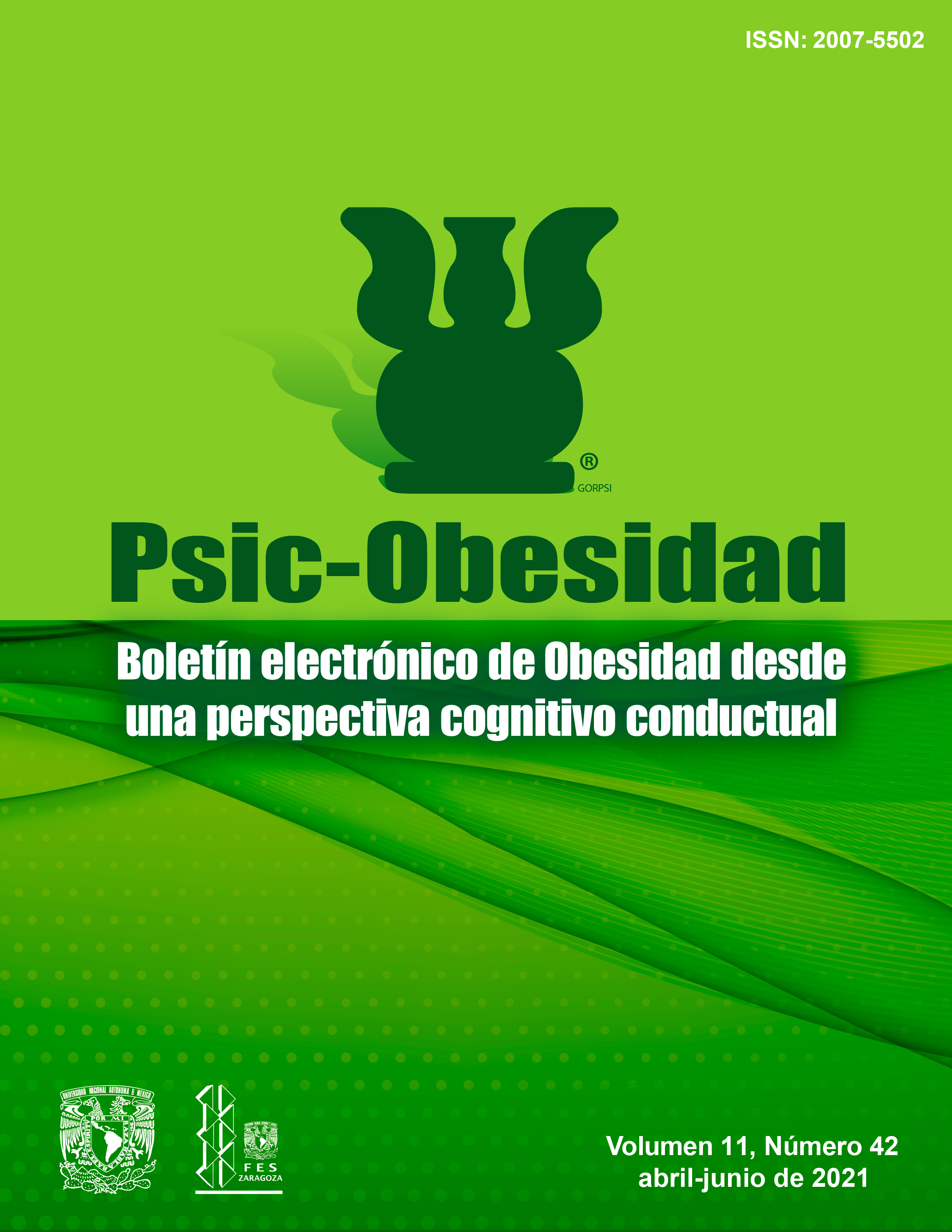Impact of processed foods and their link to obesity
Main Article Content
Abstract
Ultra-processed foods are not "real food." They are formulations of food substances often modified by chemical processes and then assembled into hyper-appetizing ready-to-consume food and beverage products using flavors, colorants, emulsifiers and other additives, which can facilitate overeating and the development of obesity, due to their high in sodium, carbohydrates and fat. With the interest of knowing what until now has been the result of the investigations in relation to these foods and obesity and overweight, a bibliographic review was carried out through the search engine "Pubmed" with the keywords "obesity", "ultra- processed foods”, “feeding”, “diet” of article publications from the year 2009 to publications of the year 2020 that met the following criteria: original articles, review articles, prospective cohort studies, clinical articles, written in Spanish or English and performed exclusively on human beings. As a result of this review, some studies show that in parallel with the increase in the consumption of ultra-processed foods, which is associated with the increase in the prevalence of obesity, and due to the high content of carbohydrates or fats, they can produce changes in the neurocircuits reward, leading to addictive-type eating behaviors and overconsumption. For this reason, it is important to promote strategies to reduce the consumption of this type of food and for the population to choose to consume healthy foods to reduce the prevalence of obesity.




